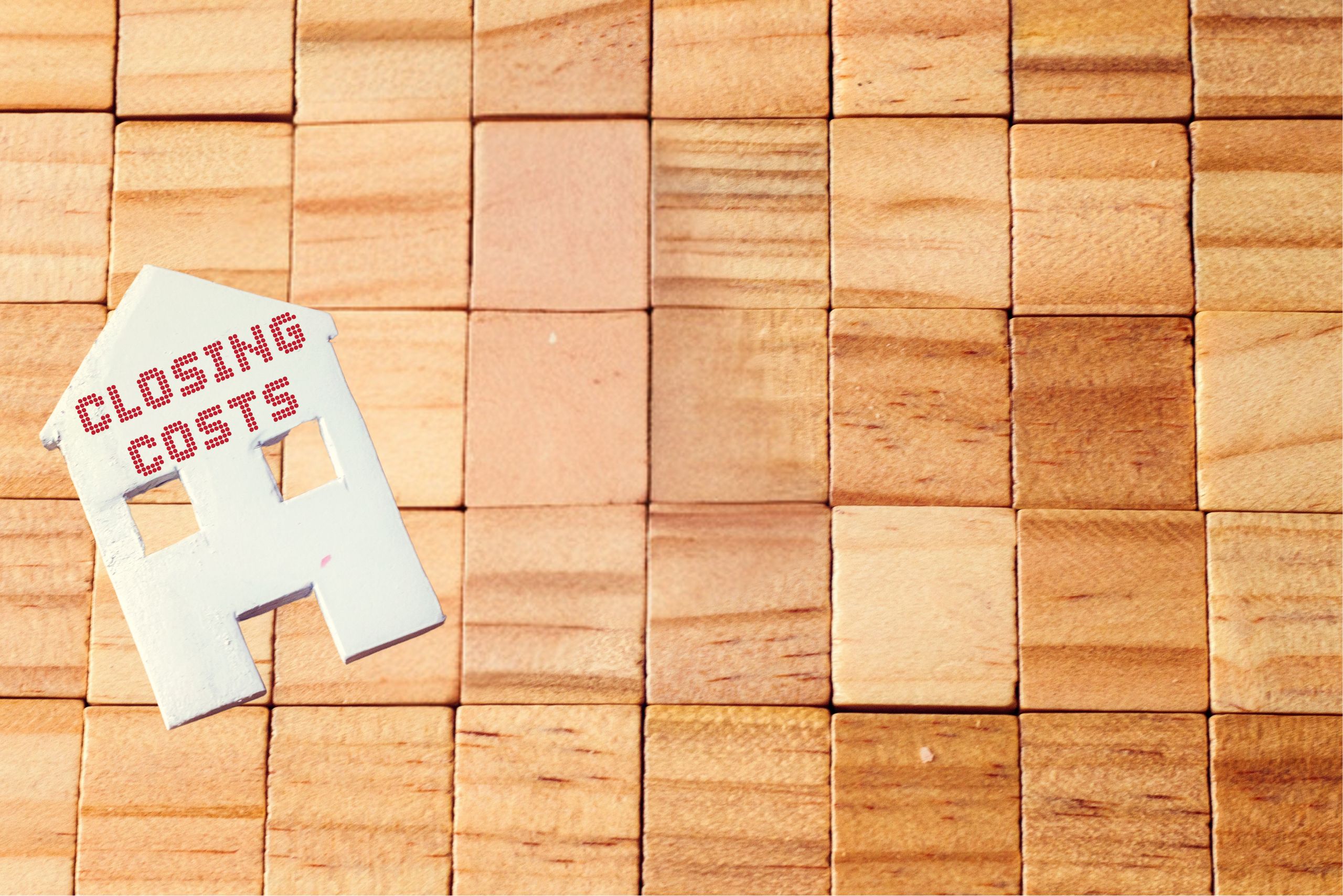When buying a home, closing costs are an essential part of the process that sometimes catches buyers by surprise. Understanding what these costs entail and how to manage them can make your home-buying journey smoother and more predictable.
What Are Closing Costs?
Closing costs are the expenses you pay when finalizing your mortgage and officially taking ownership of the property. They typically range from 2% to 5% of the home’s purchase price and can include a variety of charges.
What is Included in Closing Costs?
- Prepaid Items: Prepaid items are upfront expenses you pay at closing, which cover future costs before they’re due. These typically include prepaid interest, which covers the interest on your mortgage from the closing date to the end of the month, property taxes, and homeowners’ insurance premiums, which are paid in advance to ensure there are no gaps in coverage.
- Title Costs: These include the title search and title insurance The title search ensures the seller legally owns the property and that there are no existing claims or liens against it. Title insurance protects you and the lender from any future disputes over ownership.
- Homeowner’s Insurance: Lenders require you to have homeowner’s insurance, which is different than private mortgage insurance, before they approve your loan. This insurance protects your home against damage from events like fire, theft, and natural disasters. The cost of the first year’s premium is often included in the closing costs.
- Property Taxes: Depending on when you close, you may need to pay a portion of the property taxes upfront. This amount is prorated based on the closing date and the due date of the next tax payment.
- Escrow Fees: An escrow account is often set up by the lender to manage your property taxes and insurance payments. You’ll typically need to deposit a few months’ worth of taxes and insurance into the escrow account at closing.
- Appraisal Costs: Before approving your loan, the investors will typically require an appraisal to determine the market value of the property. This cost is usually paid by the buyer and may be required to be paid for upfront before closing. If repairs or updates are required before finalizing the loan, a final inspection or pending appraisal might also be needed, which comes with an additional fee and should be included in your initial loan estimate. If a pending appraisal is included in your initial loan estimate and is not used, it should be removed on your final closing disclosure at the closing table. If you pay for your appraisal upfront, the fee will be moved into the “paid before closing” column on your final closing disclosure.
Strategies to Manage Closing Costs
- Negotiate with the Seller: In some cases, your realtor can negotiate with the seller to cover some or all of the closing costs, especially in a buyer’s market.
- Review the Loan Estimate: The Loan Estimate, provided by your lender, outlines the expected closing costs. Review this document carefully to avoid surprises and ask your Ellason Loan Originator to explain the breakdown.
Closing costs are a necessary part of securing your new home, but with a little preparation and knowledge, you can manage them effectively and avoid any unexpected financial strain. Contact your Ellason Loan Originator for more information.



